Most expensive African countries to rent a home in 2025
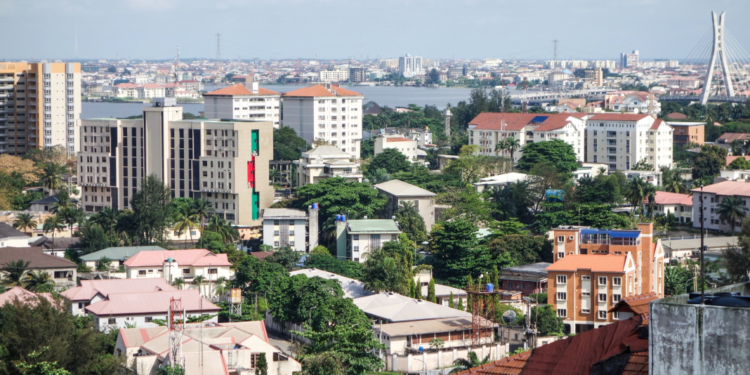
Africa’s urban population is expanding rapidly, and with it, the demand for housing continues to intensify.
As a result, rental prices have become a key indicator of living costs across the continent.
The continent’s population reached an estimated 1.5 billion in 2024 and continues to grow by about 100 million every three years.
This steady shift toward urban living is placing increasing pressure on housing markets.
Rent is often the single largest monthly expense for households. It influences migration trends, reduces disposable income, and reflects the overall health of local housing markets. In rapidly urbanising regions, high rent costs may signal growing demand, inflationary pressures, or a shortage of affordable housing.
This ranking by Nairametrics is based on data from Numbeo, a renowned online database that tracks cost of living and quality of life statistics using user-contributed data from cities around the world.
The analysis draws from Numbeo’s 2025 Rent Index, which compares average rent levels across countries using New York City as the global benchmark, with an index value of 100. A country with a Rent Index of 20, for example, has average rent prices that are 20% of those in New York.
The list below highlights the top 10 African countries with the most expensive rent relative to New York. Each country is profiled with its regional location, estimated 2025 population, and major cities.
Jump to section
10. Mauritius | Rent Index: 9.7
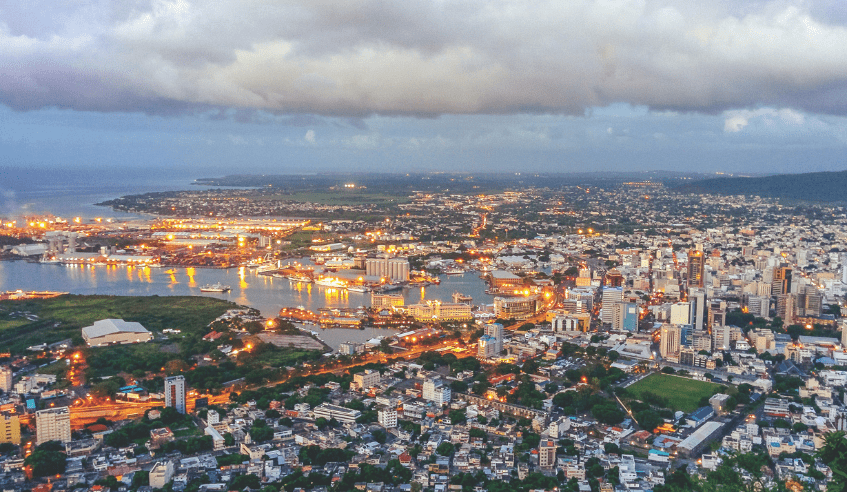
Mauritius ranks as the tenth most expensive African country to rent a home in 2025, with a Rent Index of 9.7. This represents a drop from 2024, when it ranked eighth with a higher index of 11.0.
This island nation lies in the southeastern part of Africa, where limited land availability and urban growth continue to push up rental costs.
As of June 2025, the population is estimated at 1,268,340, with around 41.5% or approximately 526,689 people living in urban areas. With a land area of just 2,030 square kilometres and a population density of 625 people per square kilometre, housing demand in major cities such as Port Louis, Curepipe, and Quatre Bornes continues to exceed available supply.
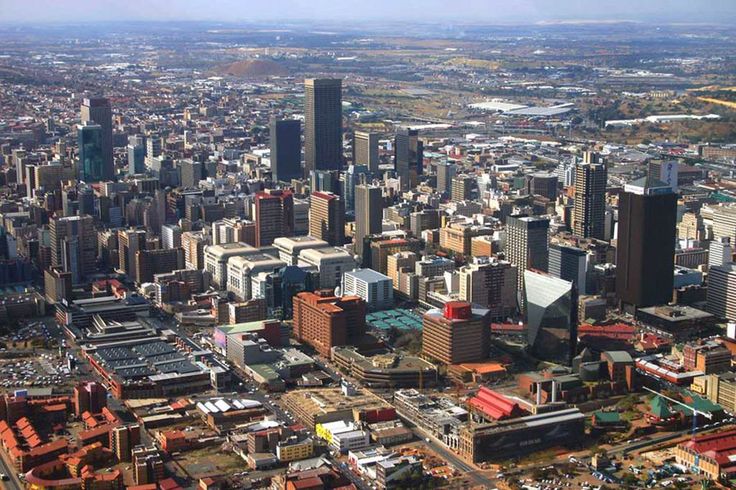
Zambia ranks as the ninth most expensive African country to rent a home in 2025, recording a Rent Index of 9.8. This marks a noticeable rise from 2024, when it placed 13th with a lower index of 9.0.
The country is located in south-central Africa, where urbanisation is steadily increasing housing demand.
As of June 2025, Zambia’s population is estimated at 21,894,308. Around 46.8% of the population, or approximately 10.2 million people, reside in urban areas. Although Zambia spans a vast land area of 743,390 square kilometres, it has a relatively low population density of 29 people per square kilometre.
Even so, rental pressure remains high in cities such as Lusaka, Ndola, and Kitwe, where economic activity and urban migration are concentrated.
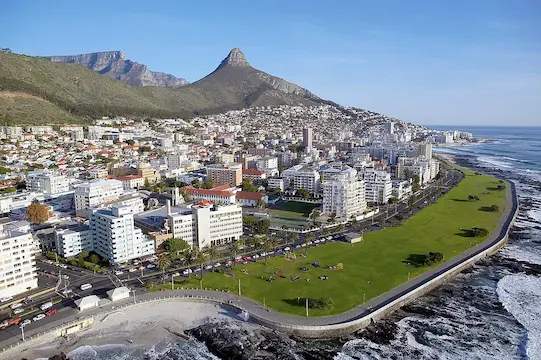
South Africa, in the southern tip of the continent, ranks eighth in terms of rental cost, with a Rent Index of 11.1 in 2025. This represents a slight drop from 2024, when it ranked seventh with a higher index of 11.8. The country remains one of the most urbanised on the continent, and its major cities continue to drive rental demand.
As of June 2025, the population is estimated at 64,728,971, with 66.6% — over 43 million people — living in cities. Despite a land area of 1,213,090 square kilometres and a moderate population density of 53 people per square kilometre, rental pressure is concentrated in metropolitan centres.
Cities like Johannesburg, Cape Town, Durban, and Pretoria remain hotspots for internal migration and economic activity, keeping rent prices above the continental average.

Namibia ranks seventh among African countries with the most expensive rent in 2025, with a Rent Index of 11.4. This reflects an increase from 2024, when it placed tenth with a Rent Index of 10.4. The country, located in the southern part of the continent, continues to record relatively high rental costs despite having one of the lowest population densities in Africa.
As of June 2025, Namibia’s population is estimated at 3,090,988. About 54.4% of residents, or roughly 1.68 million people, live in urban areas. With a vast land area of 823,290 square kilometres and a population density of just 4 people per square kilometre, housing demand is concentrated in a handful of cities.
Urban centres such as Windhoek, Walvis Bay, and Swakopmund continue to face supply constraints, contributing to the sustained upward pressure on rental prices.
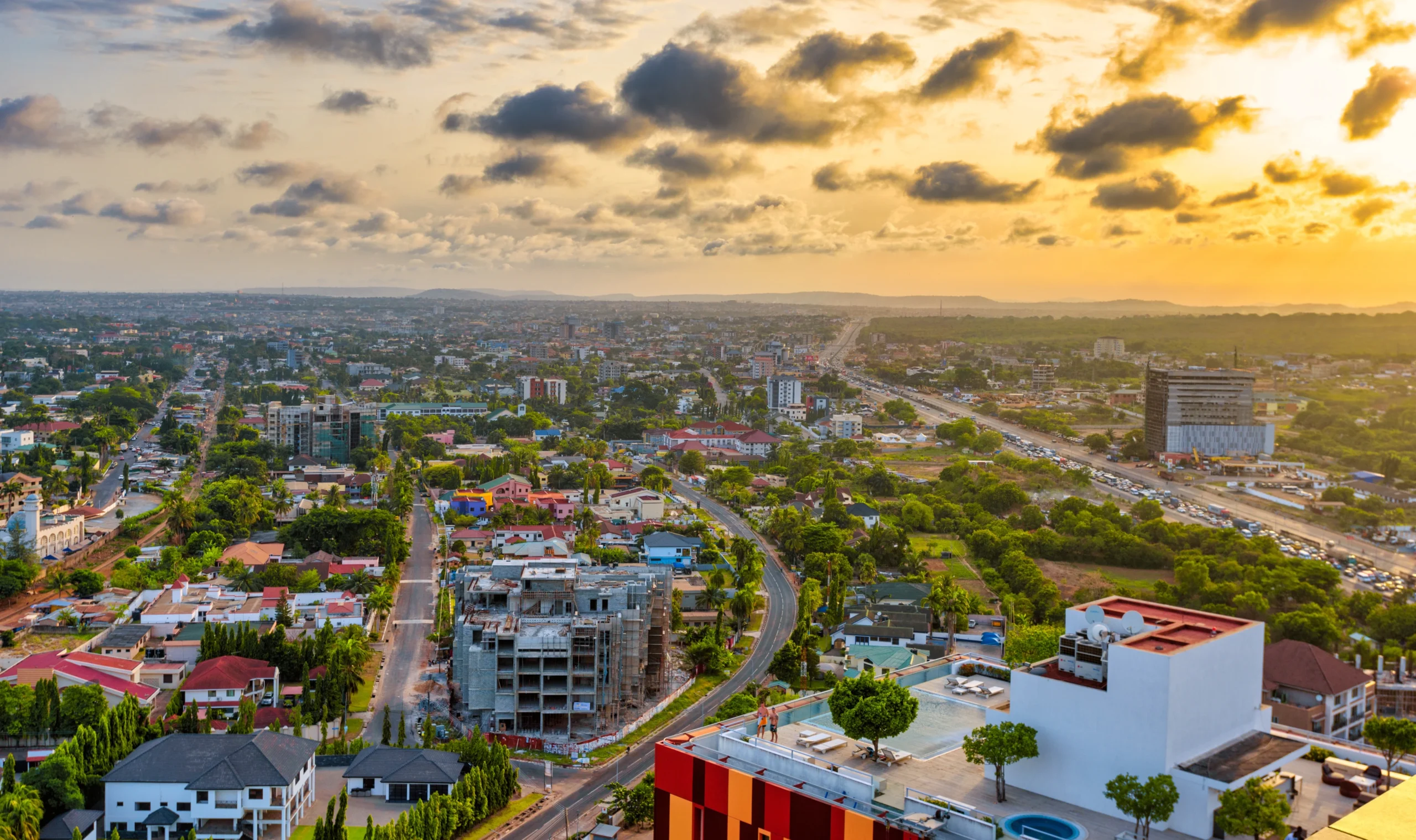
Ghana ranks sixth among the most expensive African countries to rent a home in 2025, recording a Rent Index of 12.1. This marks an increase from 2024, when it was ranked ninth with a lower index of 11.0. Situated in West Africa, the country has seen persistent growth in rental demand, driven by population expansion and accelerating urbanisation in recent years.
As of June 2025, Ghana’s population is estimated at 35,046,367. Around 58.6% of the population, or approximately 20.5 million people, live in urban areas. With a land area of 227,540 square kilometres and a population density of 154 people per square kilometre, housing pressure remains concentrated in the cities.
Accra, Kumasi, and Takoradi continue to draw people seeking economic opportunities, placing upward pressure on the limited housing stock and pushing rent prices higher.
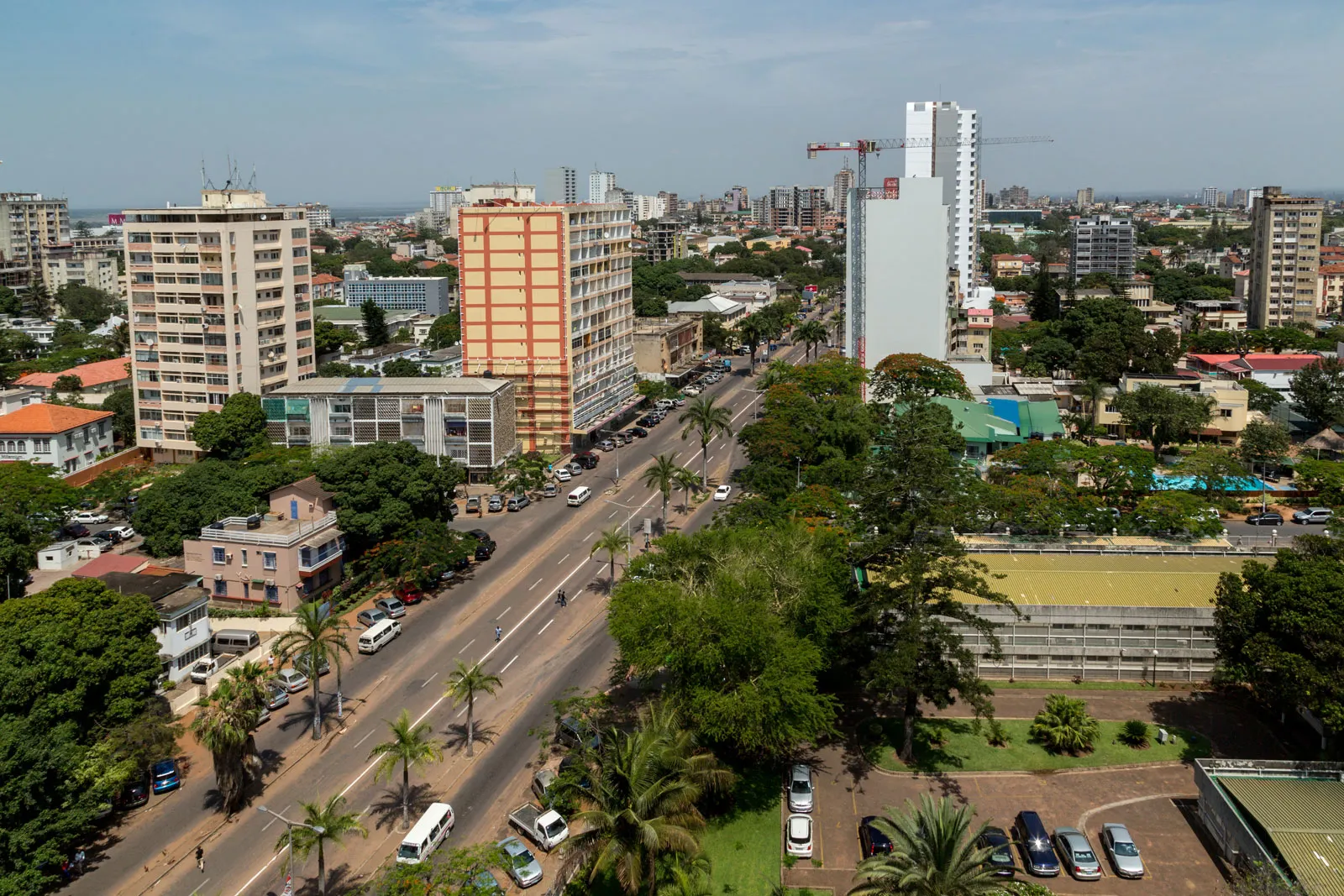
Mozambique ranks as the fifth most expensive country to rent a home in Africa in 2025, with a Rent Index of 13.2. This represents a significant drop from 2024, when it placed second with a much higher index of 20.6. Located in East Africa, Mozambique has experienced steady growth in urban demand, which continues to drive rent in key cities despite the overall decline in average prices.
As of June 2025, Mozambique’s population is estimated at 35,598,624. About 41.6% of the population, or roughly 14.8 million people, live in urban areas. Despite its large land area of 786,380 square kilometres and moderate population density of 45 people per square kilometre, rental demand is concentrated in specific urban centres.
Cities like Maputo, Matola, and Beira serve as economic and administrative hubs, attracting internal migration and intensifying pressure on the rental market.
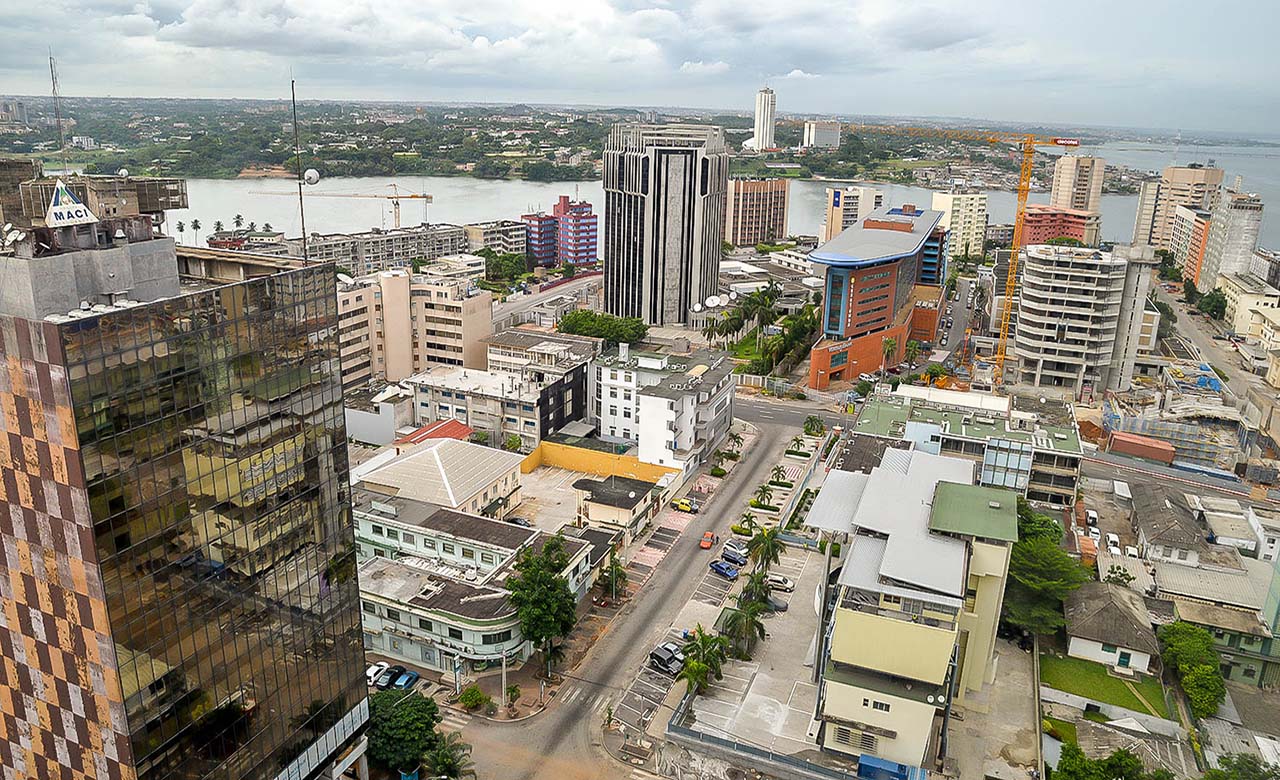
Ivory Coast remains the fourth most expensive country to rent a home in Africa in 2025, with a Rent Index of 14.5. This marks a drop in rental value compared to 2024, when the country also held fourth place but recorded a higher index of 16.8.
Located in West Africa, Ivory Coast continues to experience elevated rent levels, driven by rapid urbanisation and strong economic activity in its major cities.
As of June 2025, the population is estimated at 32,687,533. Around 49% of the population, or roughly 16 million people, reside in urban areas. With a land area of 318,000 square kilometres and a population density of 103 people per square kilometre, rental demand remains concentrated in the country’s growing cities.

With a Rent Index of 15.7 in 2025, Ethiopia ranks third among African countries with the most expensive rent. In comparison, the country placed sixth in 2024 with a slightly lower index of 15.1, indicating a steady upward trend in rental prices.
Located in the Horn of Africa, the country’s rising rent costs are shaped by fast-paced population growth and concentrated urban development.
As of June 2025, Ethiopia’s population is estimated at 135,364,217. Only about 22.5% of the population, or approximately 30.5 million people, live in urban areas. Despite a vast land area of 1,000,000 square kilometres and a relatively high overall population density of 135 people per square kilometre, rental demand is heavily concentrated in cities.
Urban centres such as Addis Ababa, Mekelle, and Dire Dawa continue to attract large numbers of residents, putting sustained pressure on available housing and pushing rental prices upward.
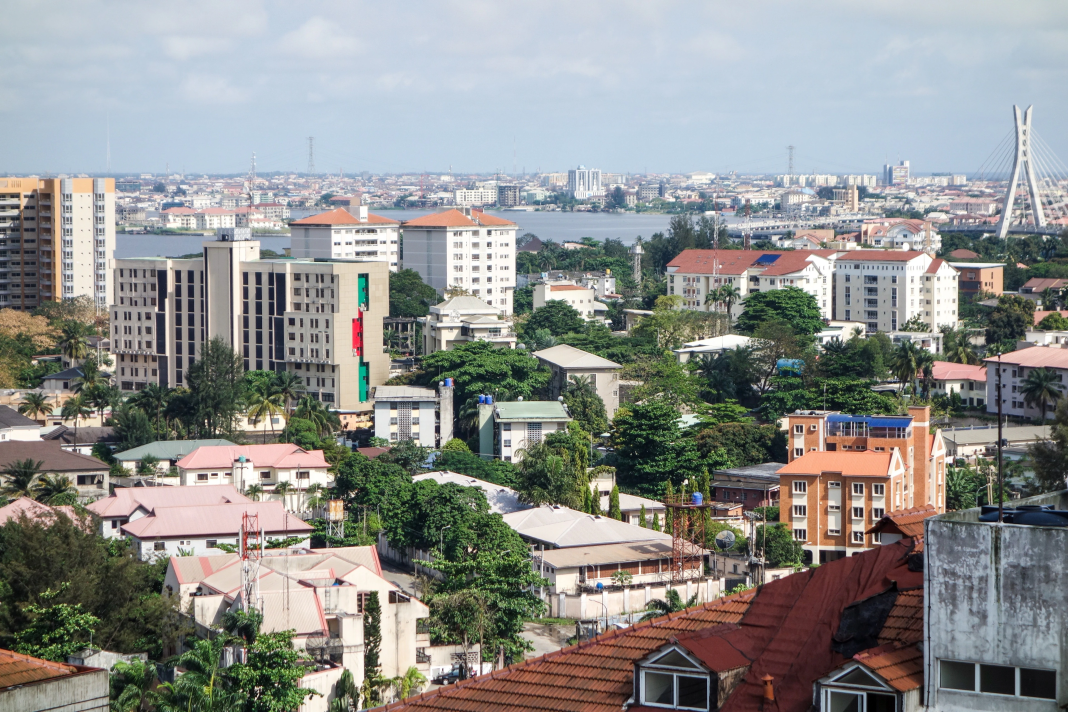
Nigeria ranks first among African countries with the most expensive rent in 2025, recording a Rent Index of 21.8. This marks a sharp rise from 2024, when it ranked 5th with a Rent Index of 15.4.
Located in West Africa, Nigeria is the continent’s most populous country and ranks sixth globally by population. Its rapidly expanding urban centres continue to face intense pressure on housing supply.
As of June 2025, Nigeria’s population is estimated at 237,386,068. About 54.9% of the population, or roughly 130.3 million people, live in urban areas. With a land area of 910,770 square kilometres and a high population density of 261 people per square kilometre, urban housing demand continues to outpace supply.
Major cities such as Lagos, Abuja, Kano and Port Harcourt serve as economic hubs, attracting millions of residents and driving up competition for rental housing.





